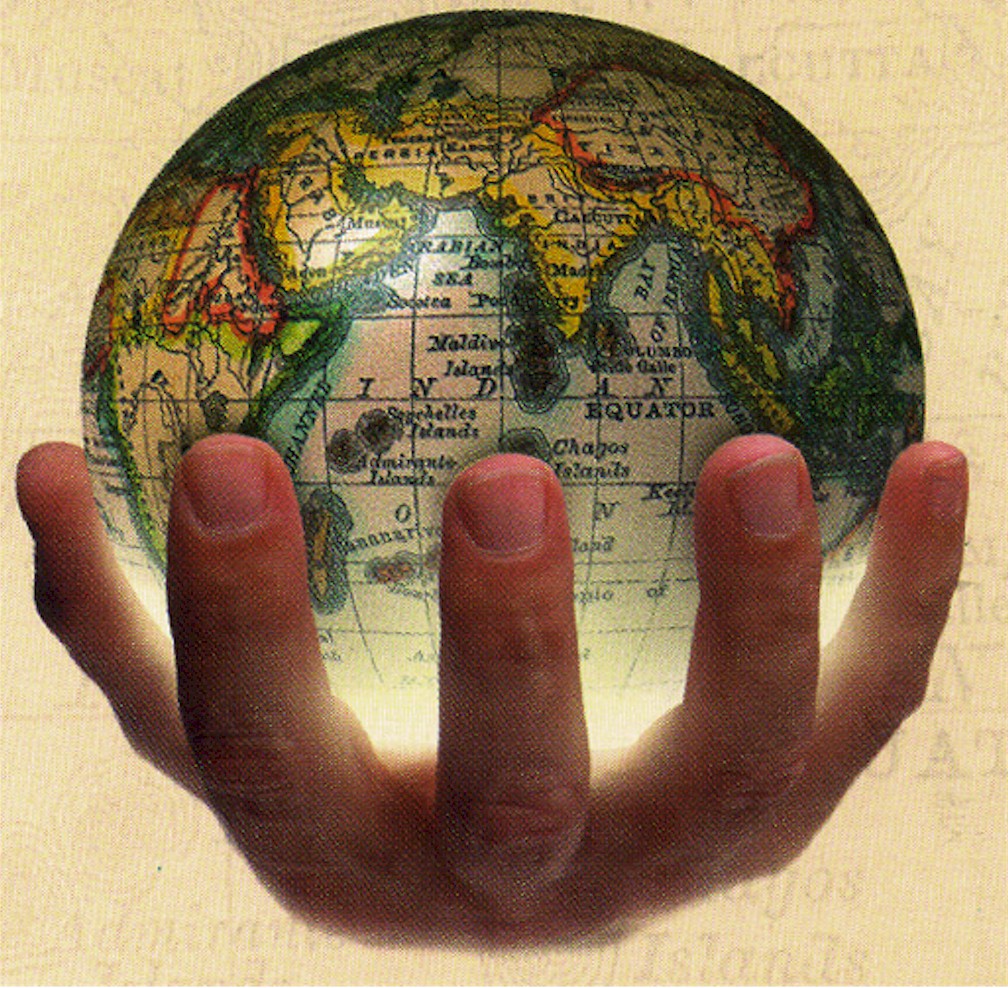In
Jane Burbank and Frederick Cooper’s Empires
in World History: Power and the Politics of Difference, they sought to
cover 2,000 years of history in a way no other text has ever done before. It is
a vast collaboration of many works, historians, and students who have all
studied and been fascinated with empires and imperial history.

The empire less world that we live in is only phenomenon,
roughly 60 years. Empires have dominated this world for two millennia. Burbank
and Cooper said, “Despite efforts in
words and wars to put national unity at the center of political imagination,
imperial politics, imperial practices, and imperial cultures have shaped the
world we live in” (p. 2). From this I can only question how? Burbank and
Cooper sought to learn how the success and longevity of empires slowly but
surely developed into the nation-state world we now live in and give that
answer to their students and the rest of the history world. They defined an
empire as a large political unit, expansionist or with a memory of power
extended over space, politics that maintain distinction, and hierarchy by
incorporating new people. They defined a nation-state as being based on the
idea of a single people in a single territory constituting itself as a unique
political community (p. 8). Every successful empire found its perfect balance
between incorporation and differentiation, also known as the “politics of
difference”.
Burbank
and Cooper’s politics of difference seeks to take us on a political journey
through the evolution the empire to the nation-state. Many times in the opening
chapter they refer to how un-natural democracies and nation-states seem while
empires are more natural to the human mindset. This naturalness could have been
what allowed each empire to differ so greatly from the others but still
flourish just as much. The beauty of it all was that, “Empires could mix, match, and transform their ways of rule” (p.
13). Despite the many contrasts all empires did rely on one thing.
Intermediaries, they were necessary for empires to thrive, grow, and prosper.
Intermediaries were those who interacted with the people, those who truly
developed new territories. The relationship between rulers, intermediaries, and
subjects was pivotal to the successful development and preservation of all
empires.
Burbank
and Cooper end the chapter with the question, is the normality of the empire
over lingering. Nation-states are only a miniscule blimp on the time-line of history,
will they ultimately fizzle-out and society be pushed back into imperial rule
and order?
Ace, do you find it surprising that empire appear to be more "natural" in human history? Is it lust for power? Fear of outsiders (who must then be controlled)?
ReplyDelete